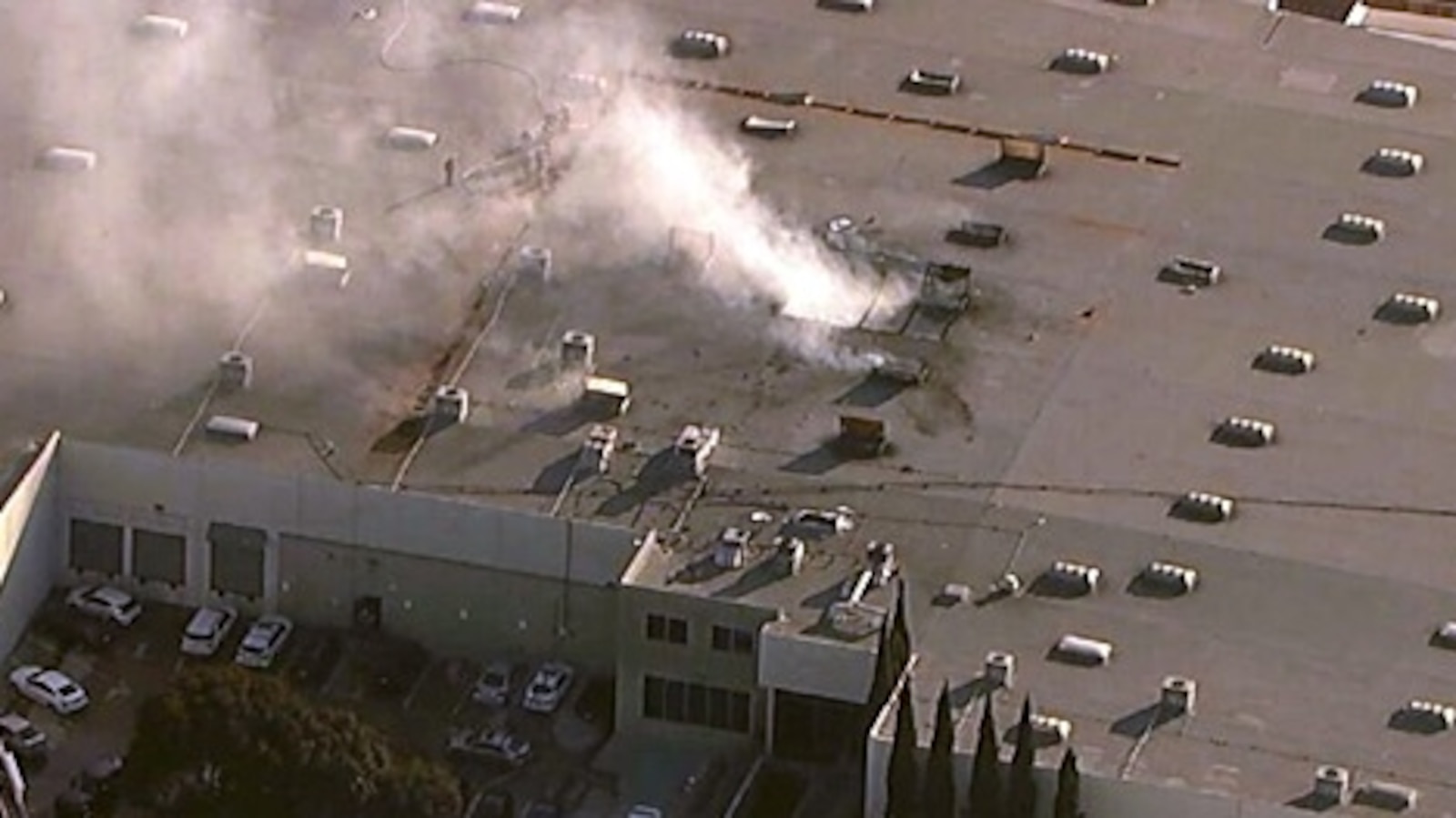Summary
A small plane crash in Fullerton, California, killed two people onboard and injured 19 warehouse workers, 11 of whom were hospitalized.
The single-engine Van’s Aircraft RV-10, a kit-built plane, took off from Fullerton Municipal Airport, reached 900 feet, and requested an emergency return before crashing short of the runway into a furniture warehouse, causing a large fire.
The cause of the crash remains under investigation, with authorities examining why the pilot attempted to return.
Significant damage to the warehouse was reported.



So… while way outside my ability to own… pretty much all Cirrus aircraft come with parachutes. Rather than being for the pilot/passengers, the entire aircraft is parachuted down “reasonably” safe. (way more reasonably than crashing into.
Just something that probably should be made mandatory on all light aircraft but won’t be because… reasons.
Cirrus aircraft are expensive even by the stratospheric standards of general aviation, which leads to a “no seatbelts, we die like real men” attitude from your average GA pilot with a 60-year-old Cessna that flies backwards in a stiff breeze.
That said, the RV-10 is a (relatively) inexpensive kit plane, and one that has a couple parachute systems available for it. In the case of a kit plane, I think it’s not unreasonable to say that adding the parachute system is a good idea… the incident rate with such aircraft is much higher than with other general aviation aircraft, and the cost of adding the chute isn’t eye-popping compared to the other costs involved.
Just curious, would a chute have worked below 900 feet? I wonder at what altitude they would have realized they couldn’t save it.
The Cirrus CAPS system works as low as 400 ft if the plane is still in level flight, but if it’s not got forward motion – say, in a spin or stall scenario – it needs more altitude to fully inflate. I’d guess that in this case, if they’d had a BRS system it probably would have had time to work, if only just, but they’d have needed to deploy it pretty early on in their emergency.
Yeah? Cirrus are expensive.
But not because of the parachutes. I’m just aware of a few incidents where the parachutes worked. (And none they didn’t. Might be a marketing thing.)
I think it’s ungodly expensive to retrofit to planes, and crashes are rare relative to small plane hours flown. While I like the idea, this plane crash probably wouldn’t have turned out differently, as it sounds like it was about ~900 feet off the ground when it stalled and crashed.
Sometimes your ticket is just punched and you are totally fucked, particularly if your engine seizes in a single engine plane.
They were turning around to try an emergency landing. Safe to assume they discovered the issue well above 900 feet. Also the cirrus parachutes worked at 400 AGL in level flight and 900 in a spin. (Iirc, this more or less true for the kit plane or far103 versions.)
It’s possible ( though I’m not gonna bother checking) that they could have instead gotten lined up in a field and had a gentle albeit embarrassing landing without ever getting that low.
As to if they would have tried that or not… well. That’s a different story and I don’t really want to game it out.
As for retrofitting- yep. It is ridiculously expensive to do that. But in new aircraft… not as much. (Let’s be honest, most kit builds are improvised or adapted anyhow, it’s not that much more onerous to add a requirement for new aircraft, and eventually, we’ll get there.
The ICON A5 “jetski that also wants to be a plane” also has one.